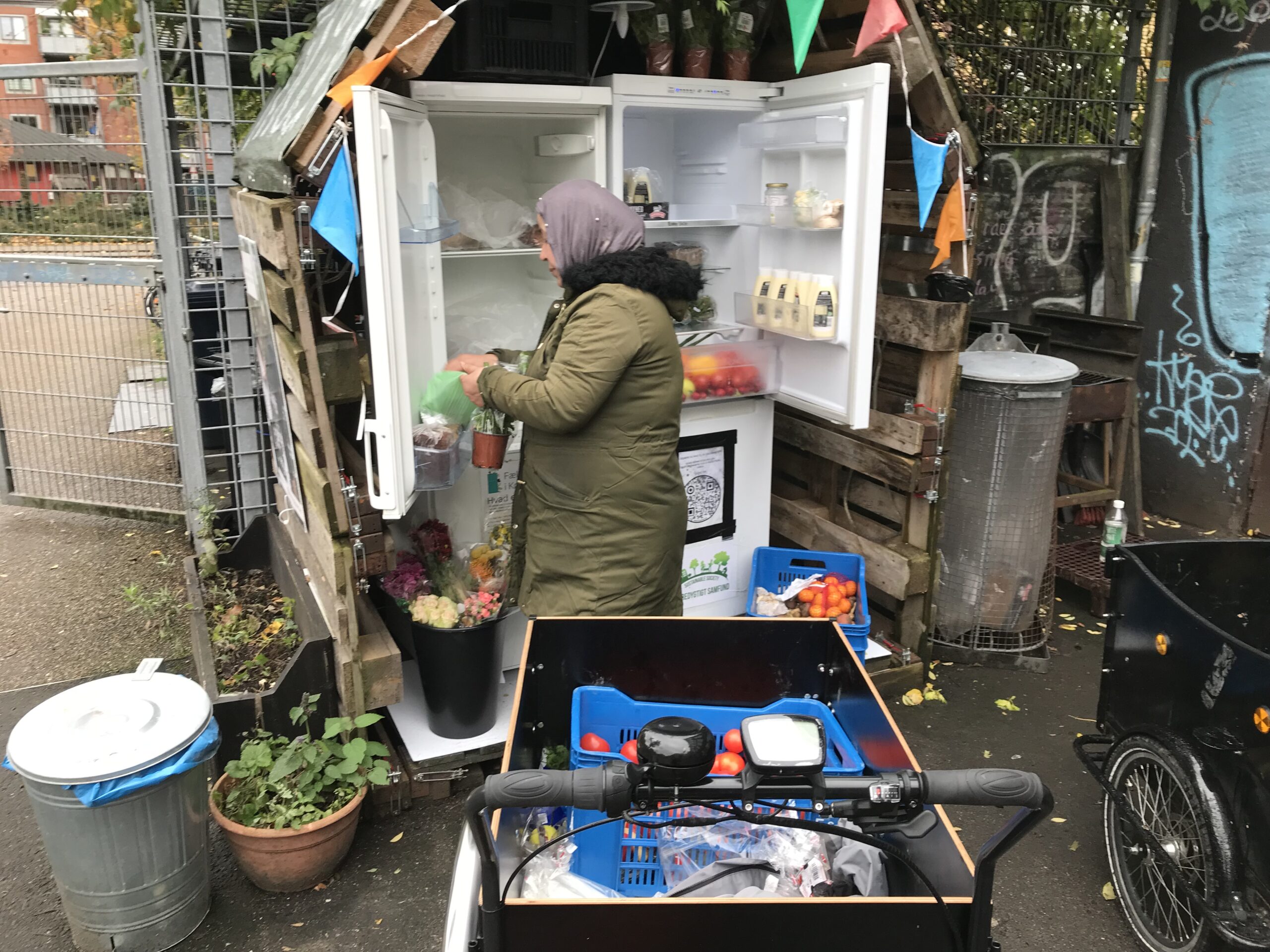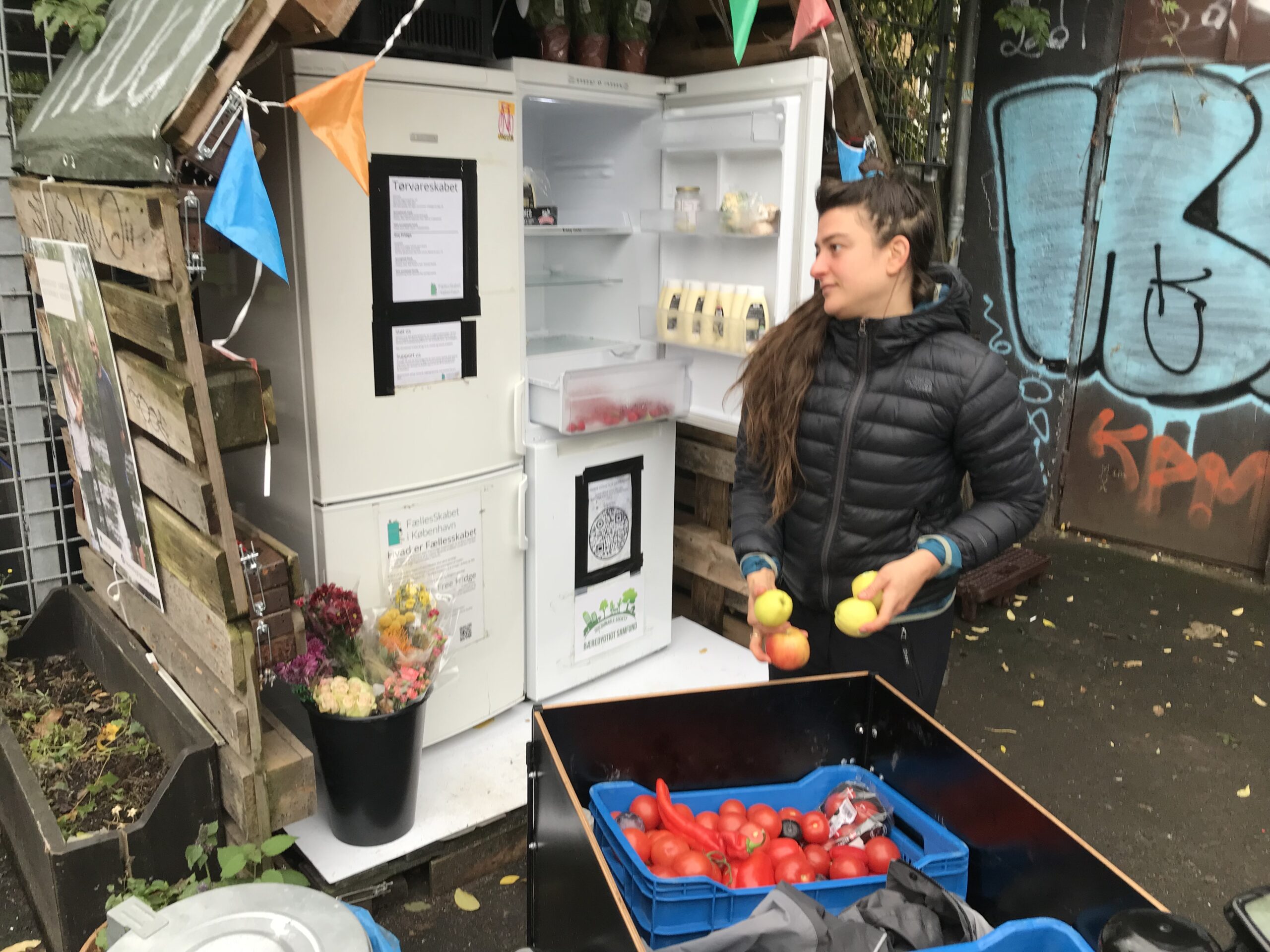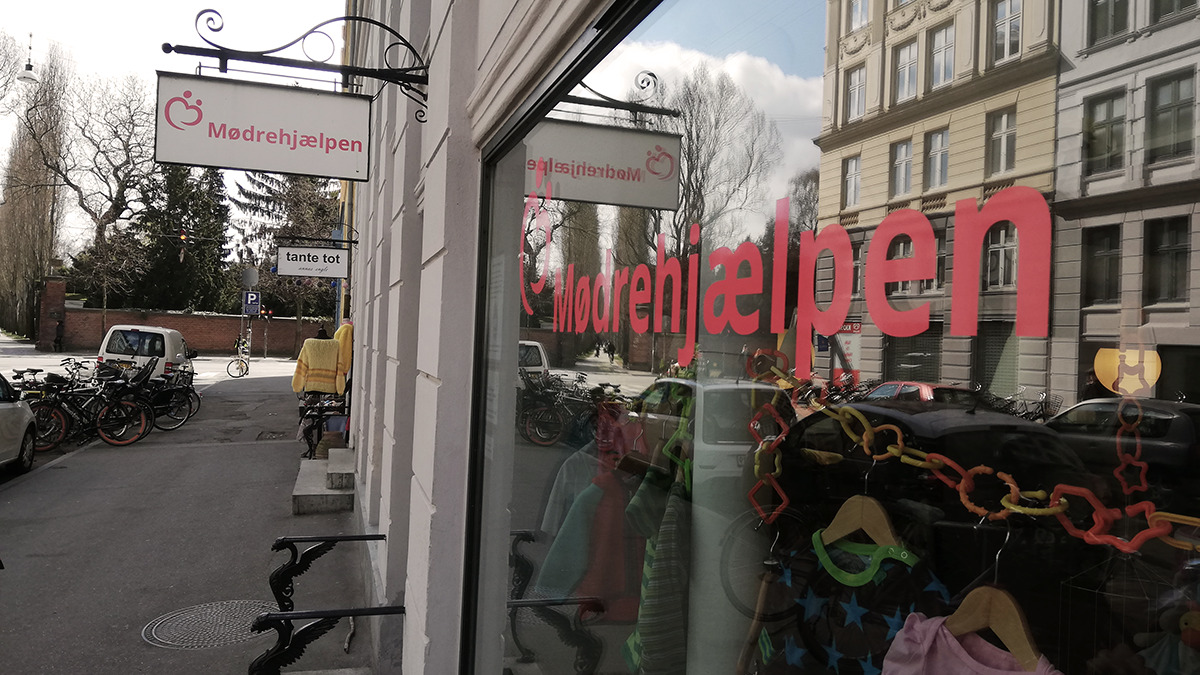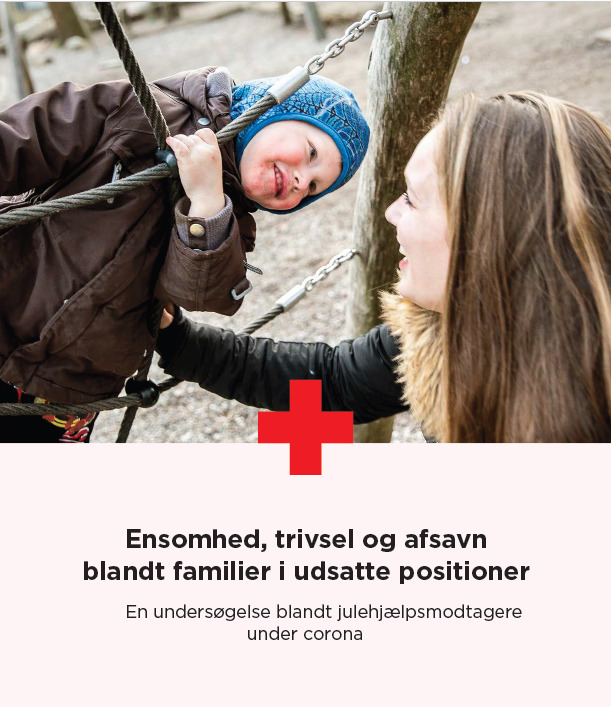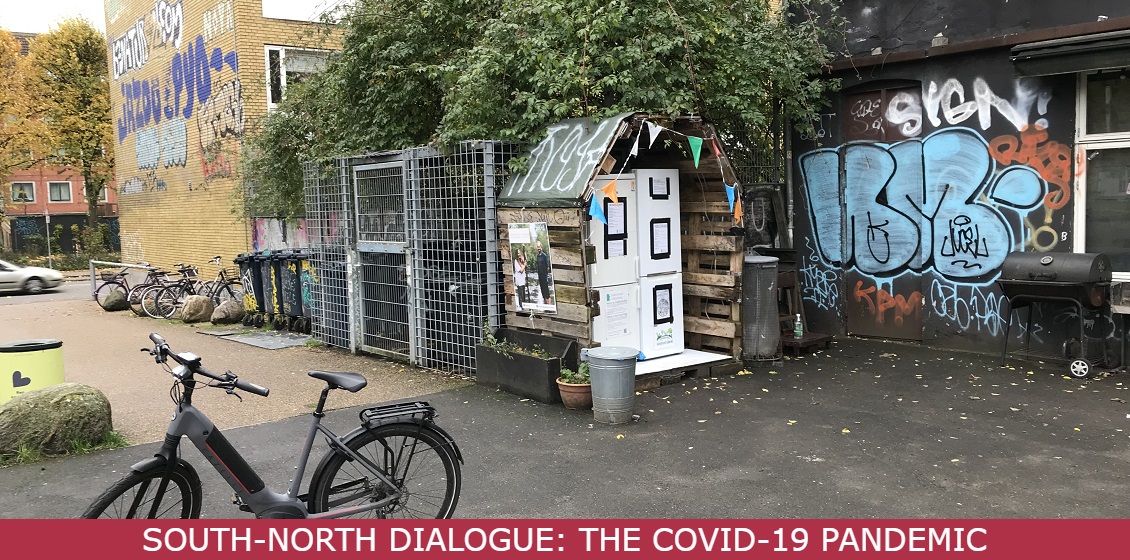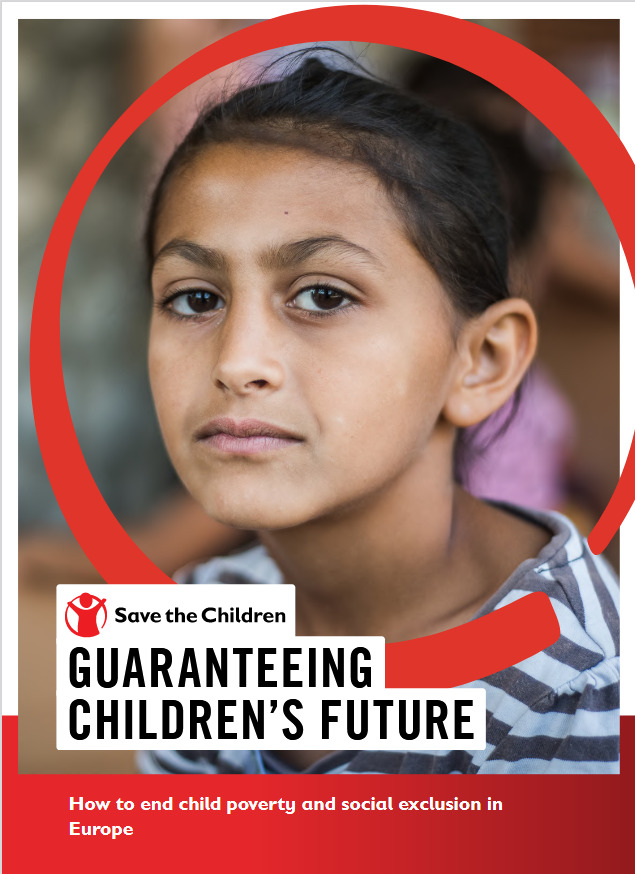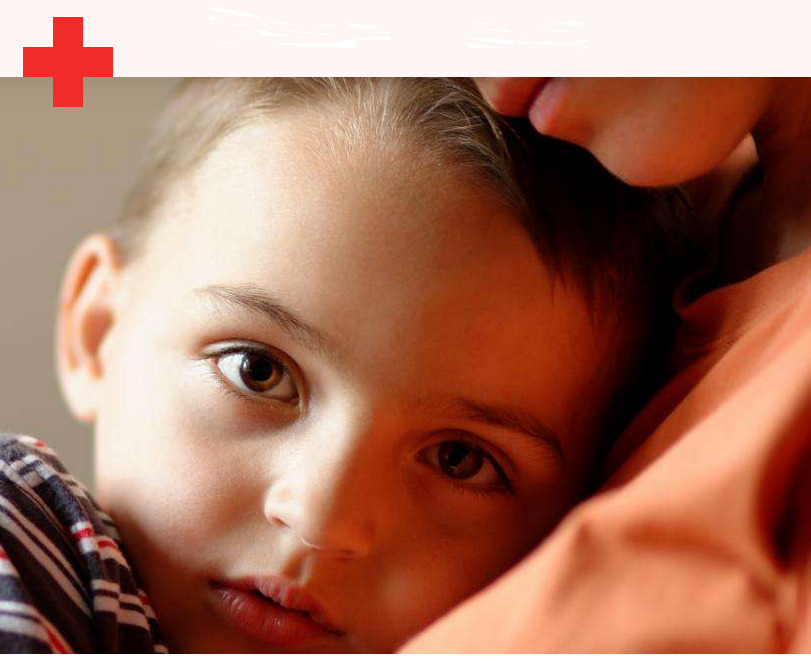In front of ”Folkets Hus”, The People’s House, in Copenhagen’s Noerrebro neighbourhood, you will find two tall outdoor fridges. If you open the door to any of the fridges, you will find fresh and clean food and drink, vegetables, instant noodles, yoghurt, all kinds of everyday food as you find it in Danish kitchens. You are free to come and take it home on your bicycle if you in any way need it.
The fridge, which is called ”Faelleskabet” in Danish, a pun which play on the word ”Faelleskabet” meaning ”common cabinet” and ”community” at the same time, is the centerpiece of an activist- and volunteer-driven project which was originally meant as a visible protest against food waste in modern society.
During the corona pandemic, however, it also served as a source of food for individuals and families who were hard hit financially by the lockdown restrictions.
”The pandemic has justified the presence of the fridge even more. Due to the restrictions, many suddenly became jobless. However, the access to free food made the situation a little easier,” explains Irene Valentina di Lauro, originally from Italy, masters student and activist, the main founder of the Open Fridge.
Most of the volunteers at the fridge, who are picking up the food as donations from supermarkets and bakeries, filling up the fridge and keeping it nice and clean, are immigrants like her, some of them relatively recent immigrants with a need to socialize.
The fridges were put up in November 2020 in the middle of the second lockdown in Denmark.
”During a time when many of us have been completely isolated, the fridge has been a way to safely engage with other people, because the fridge is outdoors”, she continues. ”It creates a space for social interaction around food”.
The need for food clearly existed during the lockdown. Some poor families became even poorer and needed help to be able to serve three decent meals every day for their children.
The extent of the need is hard to register and measure. ”We don’t ask people why they pick up the food in the fridge”, as Irene Valentina di Lauro says. ”But obviously there is a need”.
Almost 60.000 poor children in Denmark
Figures from The Economic Council of the Labour Movement (AE, Arbejderbevægelses Erhvervsråd) show that even before the corona crisis began, one out of twenty children below 18 years of age in Denmark grow up in families, which are defined as poor according to indicators for relative poverty from Statistics Denmark (Danmarks Statistik).
The AE analysis showed, that in the year of 2019, 59.700 Danish children were relatively poor. A quarter of a million people lived in relatively poor families. The analysis also showed very large diffeencen between different municipliaties. In the poorest regions in Southern Jutland, Western and Southern Sealand, Lolland, Falster and the Western suburbs of Copenhagen. In these areas, on average, actually between six and ten percent of all children below 18 grow up in poverty.
In these areas, local chapters of the Danish branch of Save the Children, Red Barnet, are engaged in several activities in support of those of the poorest families who don’t have a supportive network themselves.
Recently, Majbritt Borgmann, Senior Advisor at the main office of Red Barnet in Copenhagen, made an informal survey by telephone. She called the local chairpersons of the chapters in the ten poorest municipalities in Denmark, in which Red Barnet has activities going on. Shea sked whether vulnerable childrens’ families have had their situation worsened during the pandemic.
”Ten out of ten told me, that their condition had worsened”, says Majbritt Borgmann.
Food donations for the families
”The children have primarily suffered deprivation of food. It has been hard for the families to secure three healthy meals to them every day. In normal times, the children attend institutions, where they get something to eat. But when the children are at home for shorter og longer time, it puts suddenly pressure on the household budget”.
Because of this serious situation in many families, local chapters of Red barnet have simply provided these families with food, either in the form of food coupons for the local supermarket or in the same way as they do at the Open Fridge in Noerrebro. The families were given food boxes with food, donated by supermarkets or restaurants.
”We have never done this before”, says Majbritt Borgmann. ”It is not our role. Red Barnet works politically for better conditions for children, but it is not a charity organization. But during the lockdown we judged that there was a special need that we did it”.
”The corona crisis has been a magnifying glass, which has enlarged the problems which we have seen before that. It has reinforced the social challenges in these families which we already knew about”.
Several of the families which were under the strongest economic pressure were families with another ethnical background than Danish. These families, typically, had to live with the so-called ”integration benefit” (integrationsydelse), which is distinctly lower than the ”cash assistance” (kontanthjælp) which Danish and European families in the same situation would be entitled to.
In some instances, families who live in poverty have had difficulties finding the right clothes for the season for their children. During the pandemic, it became extra difficult for some of the families as the recycling shops were closed, and they couldn’t find cheap second-hand ”flyverdragter” (outdoor onepiece jumpsuits) and similar clothes for the children, which it was expected by the schools that the children wear.
The general well-being of the families, helped by Red Barnet, was also threatened during the pandemic.
”Being at home within a family in which the parents or the single mother already were fighting other social challenges like mental vulnerability or chronic illness, can be very tough”, Majbritt Borgmann explains. Some less privileged parenst might be able to find a balance in everyday life because the children are away in school and other activities for much of the day. But if everyone are at home all the day long, this balance becomes impossible to achieve”.
Eating once a day
Not only Red Barnet, but also Danish Red Cross has reported a worsened situation among the poorest members of Danish society as a consequence of the restrictions during the pandemic.
In December 2020, members of Danish Red Cross made a survey among 347 families which received ”julehjælp” (Christmas Help) from Red Cross. They were both asked about consequences of the corona lockdowns for their private economic situation and about their well-being in a broader sense.
44 percent of the parents wrote that the corona situation had impacted on their economy and job situation. 65 percent wrote that they had worries every day or several times every week about the family’s economic situation. Several of the parents explained that they have had to drop out of an education or give up a job in order to support the childrens’ school work at home.
Now, back to Noerrebro. The Mødrehjælpen (Mothers’ help) office in the neighbourhood was reporting about more poor childrens’ families already during the first months after the outbreak.
”It is primarily single mothers who apply for help, but we have also single fathers comming to us”, Mette Faber, chairperson of the local chapter of the Moedrehjaelpen in Noerrebro, says to the local weekly Nørrebro LIV. ”During corona, we were asked to donate money to buy food. We meet people who only eat once in a day themselves to secure that their children become saturated. It is simply despairing”.
”It hs been an incredible load to be trapped, in many instances in smalle apartments with very little surplus. That’s why the restrictions of the government have hurt so badly, when we continously have had to cancel trips and other social events (for the children, red)”, she continues.
So there is indeed a need for an open fridge like Faellesskabet. After having filled up the fridge with vegetables from a supermarket, Irene Valentina de Lauro sat down with me to explain about her project. Together, we were observing people coming to pick up the contents of the fridge, some housewifes, some young students, some elderly homeless men.
Irene Valentina di Lauro has decided to make the project into a research subject for her own master thesis.
”I worked with the volunteers and I am a volunteer myself. But I put myself in the shoes of an anthrolopogist while doing the volunteer work. I tried to detach myself emotionally”, she explains.
”I have done a lot of observatons. But I didn’t want to be sitting here having a camera and asking people. ’What is your income?’. I felt that would be unethical and unnecessary. Of course, I sometime talked to people while we were putting food into the fridge, but it happened naturally. I didn’t want to force it on people. Most of the people I talked to were students or people with very low income. But my thesis contains more a qualitative than a quantitative analysis”.
The focus of the thesis, ”An Action Research Project about Food Distribution” is on ”community building”, the role played by volunteer activities in creating an community in the local area which didn’t exist earlier.
”After corona, the authorities were worried about hygiene, they were worried that people touched the same items, and actually they would have preferred us to pack everything in plastic”, Irene Valentina di Lauro says. ”But the last time we had an audit with them, they were very happy”.
But their scepticism didn’t come from the corona scare. In Irene Valentina di Lauro’s understanding, they would have been sceptical anyway.
”Where you have foodstuffs, you have micro-organisms, which could in unlucky cases hurt some people. The people from the health authorities were just following the rules they had to administer. In any municipality you have to be very risk averse”, she explains.
Also read: Two years later, families in Kenya’s informal settlements are still food insecure and “Ollas Comunes” in Chile in times of the “new normal”
SUPPORT DDRN SCIENCE JOURNALISM. DONATE DKK 20 OR MORE![]() (APPLICABLE IN DENMARK ONLY)
(APPLICABLE IN DENMARK ONLY)
Live webinar: The impact of Covid-19 on food provision
Time: Thursday 18 November 2021,12:30 am (GMT+1)
Presenters: Verah Okeyo, Kenya; Marta Apablaza, Chile and Irene Valentina di Lauro, Denmark. Place: Online (Zoom), Register by e-mail: info@ddrn.dk
